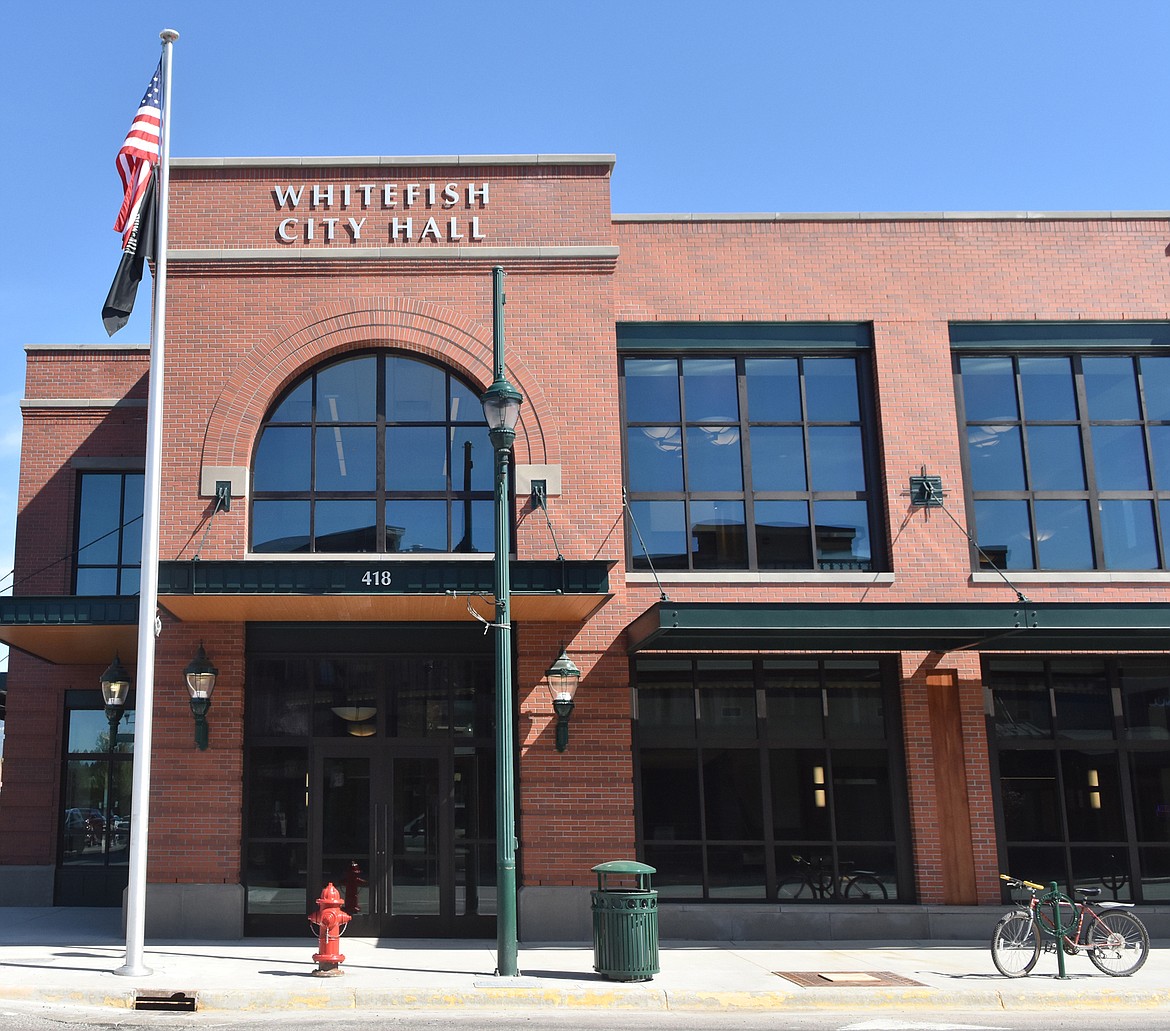City asks court to dismiss open meeting lawsuit after housing program voided
After the ordinance at the center of a lawsuit was rendered null by a bill passed in the state Legislature, the City of Whitefish is asking that the suit in Flathead County District Court be dismissed.
A planning consultant in 2019 filed the lawsuit against the city alleging that it violated open meeting laws in creating the city’s affordable housing program. The city denies the allegations.
Then last month Gov. Greg Gianforte signed House Bill 259 that effectively prohibits inclusionary zoning thus ending the portion of the city’s housing program that relied on such zoning regulations.
Mayre Flowers and her company CommUnity Consulting in the lawsuit claim that during the city’s process of creating the housing program, known as the Legacy Homes Program, that closed door meetings were held and the city refused requests to open the meetings or provide documents related to the meetings.
The city denies the claims.
Flowers has asked the court to rule that the affordable housing program be voided as a result of her claims. However, that has already happened because of House Bill 259.
The lawsuit had been headed for a bench trial this spring after the parties involved failed to settle the issue through negotiations. However, District Judge Heidi Ulbricht on April 20 issued an order seeking briefs from both parties addressing the impact of the legislation on the suit.
Flowers and her attorneys as of Monday had yet to submit a reply to the city’s motion.
Attorney Thomas A. Hollo filed a motion on behalf of the city asking that the case be dismissed saying that Flowers' claims have been “rendered moot” after the bill was signed into law.
“HB 259 eliminates the very controversy at the heart of this case,” Hollo said in documents. “Accordingly, [Flowers’] claims are moot and should be dismissed” because the court can’t rule on whether the city violated Flowers constitutional rights or other laws and whether any such violations should void the housing program.
“Continuing with litigation, including the impending trial, would be a waste of the Court’s and parties’ time and resources,” Hollo said in documents.
In addition to asking for the housing program to be voided, Flowers suit also seeks an order requiring Council to adopt rules of public participation for all meetings of Council and committees, boards, and authorities and entities of the city.
Flowers’ claims that the city violated her right to know, Montana’s open meeting laws, and violated her right to participate during the process of creating the housing program. The lawsuit also claims that the city violated its own governing regulations and procedures by allowing the Whitefish Strategic Housing Plan Steering Committee to create an ad hoc subcommittee and subsequently when the city failed to ensure that the group’s meetings were open to the public.
The city denies the allegations, in court documents, saying that Flowers failed to exhaust administrative remedies to the issues raised.
Flowers’ lawsuit points specifically to City Council’s annual board retreat in March 2019, claiming that Council held the meeting without noticing the public or producing minutes.
The city, in court documents, admits that Council attended the retreat, however, it denies “the annual retreat was a ‘meeting’ for which notice, agenda or minutes is required.”
In addition to the city, the lawsuit also lists the Whitefish City Council, the Whitefish Strategic Housing Plan Steering Committee and the inclusionary zoning ad hoc subcommittee as defendants in the case.


